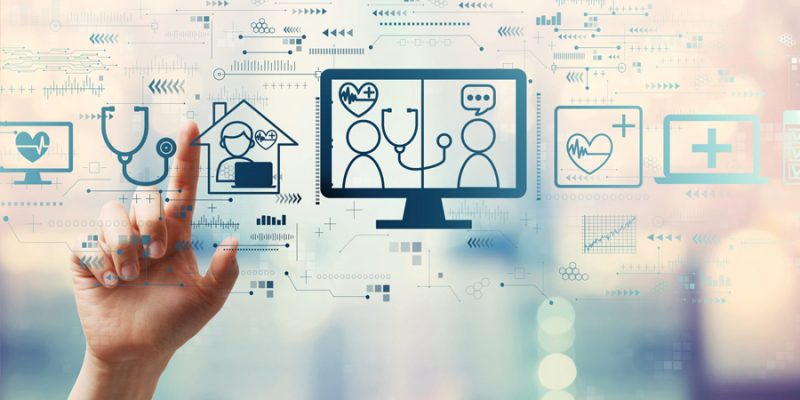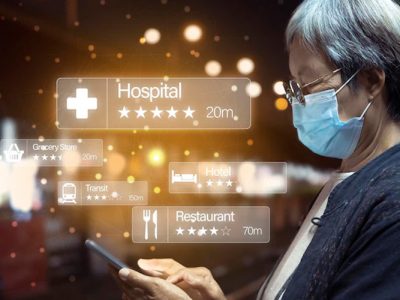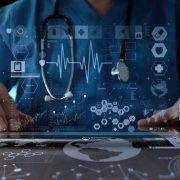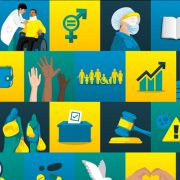
Role of data connectivity in healthcare towards constructing a robust healthtech network
Data connectivity in healthcare has immense significance as healthcare data continues to shape healthtech advancement. The data ecosystem that complies with healthcare data is thronged with millions of patient data every now and then. The healthtech network assumes wide support from data connectivity as healthcare organisations perform their best services. Development in the healthcare industry is largely led by the revolutionising data connectivity services, facilitated by proponents of advancement. Furthermore, healthcare communications in recent years have been progressing enormously to improve patient care and make them more immediate as is demanded by the healthcare system.
Ubiquitous healthtech network will ensure access to large healthcare datasets that will be used for personalised and revamped patient care and decision-making from multiple aspects. Accessing the healthcare data available along with the data ecosystem of the cloud will extend great opportunities for the healthcare industry to correspond with the growing healthcare consumer demands. Adaptability is highly regulated with the assistance of data connectivity in healthcare.
Personalised Care
With access to massive healthcare data available over healthtech network, medical professionals evaluate the outcomes of therapy with respect to a particular patient. The availability of data helps the healthcare provider to consider past health records, financial ability, and other factors of specific patients to finally conclude their disease with a prescription. The perception of the medical profession has further communicated to the patient in a comprehensive way again with the use of data connectivity.
Preparedness
Once a patient steps into a healthcare organisation, it is likely that the organisation will extract every single healthcare data of that person from the data ecosystem to offer them the best healthcare service. This will require uninterrupted data connectivity in healthcare. Subsequently, the patient will be relieved from explaining to the doctor or surgeon verbally what disease is bothering them or what they have been through. The doctor would save time and effort for the patient and themselves to use it in the process of treatment. In this way, there will be a high degree of preparedness amongst the healthcare providers, which means that errors occurring from spontaneous decisions and hurry will be avoided.
Cost-Efficient and Faster
Drug discovery or inventing therapies through the painstaking process of genome sequencing and research, often does not result fruitfully, eventually causing massive financial drainage alongside efforts. It is estimated that every year trillion dollars of money are wasted in healthcare research. Data connectivity in healthcare has the potential to bring it down by seventy percent, as possibilities of fragmentation and other approval hindrances are averted. Utilising healthcare data through the intense healthtech network will facilitate the healthcare researchers to make wise decisions in their field with clear vision and prediction, which will lead to limited risks.
Remote Monitoring
By now it can be said remote monitoring in healthcare has become an essential requirement for healthcare providers as more and more transmissible diseases start to occur on the planet. Starting from assigning beds and informing doctors about the presence of a certain patient to monitor the rehabilitation of a recently recovered patient and ensuring quarantine compliance, IoMT has enabled hospital authorities significantly to contain diseases from being spread or further manage a large number of patients at once. Introduction to telemedicine to a great extent is a result of robust data connectivity in healthcare that connects patients with healthcare providers from a remote location through IoMT.
Challenge to Consider
Besides being a boon to the healthcare industry in acquiring healthcare data trouble-free, data connectivity in healthcare also comes with a strong concern in security. Private and public healthtech networks are classified for this. Although the risk is crucial, the coping mechanism is simple. As healthcare data account to be highly sensitive, securing them with stringent regulations is important, such as restricting suspicious connected devices to a particular network, monitoring web traffic, and multi-factor authentication to immensely confidential data.



















